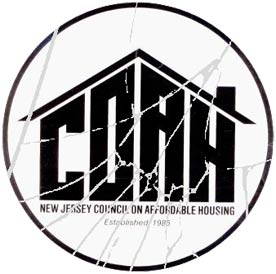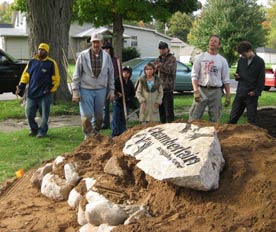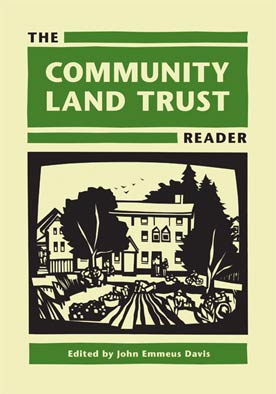The Fair Share Housing Center, which has led the fight against the administration’s efforts to abolish COAH, as well as lobbying hard against the COAH-dismantling Senate Bill 1, was immediately critical of Christie’s affordable housing policy proposal.
“There is no calculation or allocation of need and no check on municipal discretion,” the organization said in a statement. “Municipalities that discourage new housing or focus on the development of commercial and office uses, thus minimize or eliminate their affordable housing obligations.”
“The governor has proposed to reduce affordable housing obligations, to return all control to municipalities and thus to permit them to exclude lower-income housing, and to permit municipalities to transfer 100 percent of whatever minimal obligations they have to other municipalities. The governor’s proposal is unconstitutional and, we expect, will not go very far in the Legislature or be supported by any legislator who supports fair housing policies,” the statement concluded.
Adam Gordon, a staff attorney at Fair Share, said in an interview that Fair Share would fight to uphold the state’s Constitutional doctrine for affordable housing and decades of legislation that have followed. “Let’s say there’s not much tolerance for what the governor wants to do,” Gordon said, though he was bipartisan in his criticism, calling former Democratic Gov. Jim McGreevey “awful” and his Republican predecessor Gov. Christine Todd Whitman “not bad” when it came to affordable housing policy.
The bill is, however, supported by the New Jersey State League of Municipalities, a volunteer organization listing all 566 New Jersey municipalities as members. The league has long faulted COAH’s vacant land analysis that determined a town’s developable land and its population growth projections.





Comments